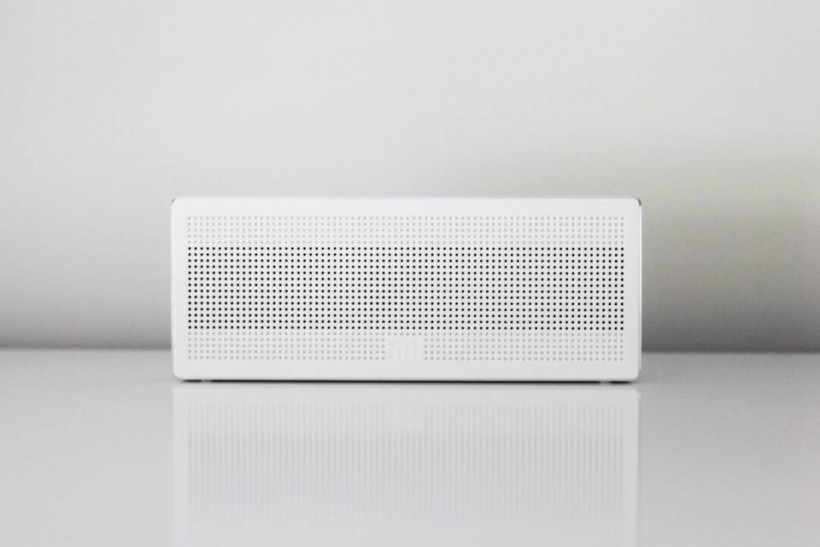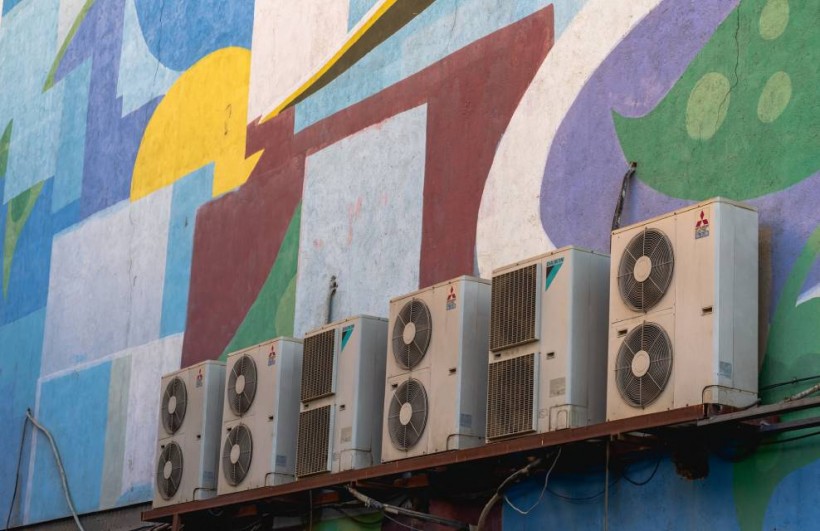Summer tips for air conditioning are all over the web. And in this guide, you'll learn the simplest ways to save. It's getting hotter and hotter, and a lot of people are feeling it. This is most especially true if you live on the Western seaboard and even the southwestern parts of Canada, a country stereotypically known for being cold.
As such, you're going to be using your air conditioning system a lot more. But if you don't know how to use it efficiently, your power bill will be too high for comfort. But don't fret; this guide will teach you how to save money on air conditioning, more so in summer.

Summer Tips for Air Conditioning: Optimal Thermostat Placement
Perhaps the most important part of your air conditioning is the thermostat. If you set it up right, you can save a lot of money right then and there. Even installing it on the right wall can actually spell all the difference, according to CNET.
The most important thing about thermostat placement is never to install it close to a window. That's because a lot of heat can pass through there, even if the window itself is well-insulated. That's because the thermostat monitors the interior temperature and adjusts the air conditioner's performance accordingly.
From there, basic science comes to play. The more heat the thermostat detects, the more it will tell the A/C to work harder. And the harder the A/C works, the more power it consumes. Go figure.
Read also: Smart Thermostat Energy Saving: Texas Power Companies Remotely Raise Temperature at Home
Adjusting the Thermostat the Right Way
Now, assuming that you placed the thermostat away from a window or any other opening in the house, it's time for you to know how to adjust the settings the right way. This is one of the best summer tips you'll find when it comes to saving power on A/C.

A good rule of thumb is to set the thermostat a little higher than the 72 degrees that's considered "ideal." Around 78 degrees is the best setting for maximum energy savings, but you can also set it to 76, according to The Spruce. Most of the time, even 76 degrees will feel cold enough. Another good rule to live by is this: your air conditioner is supposed to make you feel comfortable, not freezing.
Upgrade to a Smart Thermostat (If Possible)
A smart thermostat is not required but a welcome upgrade. Also known as programmable thermostats, these can regulate cooling needs even if you're not home. Also, they can be used remotely via an app you install on your phone. Some smart thermostats can even respond to voice commands. Furthermore, you can also integrate a smart thermostat into a smart home device like Google Home for even better control.
Using a smart thermostat the right way can save you as much as $131-$145 a year in cooling, according to a white paper published by Nest Labs. That's not too shabby. That is, however, if you set the thermostat up accordingly.
Here's an example of the best use scenario:
- On workdays, set the temperature high for the early morning while you're having breakfast and preparing to go out.
- Make sure the temperature drops when you leave for work.
- Raise it again when you come home, and drop it for the last time before going to bed.
Insulate Your Home
Having enough home insulation is critical. That's the old adage that all HVAC practitioners live by. When it comes to knowing how to save money on air conditioning in summer, the importance of proper home insulation can never be understated. Again, it's all about basic science.
The more heat that comes into your home, the harder your air conditioner is going to have to work. But since installing home insulation can be a lot of work (where it's a lot easier to make a costly mistake), it would be best if you have professionals do it for you.
Related: Blast Auxiliary Classic AC Reviews - Important Information Revealed
This article is owned by Tech Times
Written by RJ Pierce













